Drugs and alcohol can cause several sleep disturbances, leading to insomnia or even sleep disorders. Drugs such as cocaine or stimulants have an impact on your dopamine neurotransmitters and result in high levels of sleep deprivation that put you at risk for triggers and relapse during early recovery.
Detoxification and recovery also bring with them risks of sleep disruptions, which can impede progress in recovery. Keep reading to learn more about the impact of sleep on your health and well-being and to discover tips on how to improve your sleep habits.
The Impact of Sleep on Addiction Recovery
What impact does sleep have on addiction recovery?
Cognitive Function
Firstly, when you don’t get enough sleep, you can have trouble focusing and absorbing new information. This is related to your memory. Your brain won’t have the time or tools needed to properly store memories when you learn new information. During addiction recovery, this can make it challenging to absorb the new coping skills or lessons you are taught and apply them later in life.
Immune Health
Secondly, inadequate sleep negatively impacts your immune system, which means your body is less able to fight off infections. During addiction recovery, this can make it difficult for your body to heal from the damage done from drugs and alcohol, leaving you susceptible to physical ailments or illnesses.
Heart Health
Tangentially, during sleep, your heart rate decreases alongside your blood pressure. When you don’t get enough sleep, your blood pressure stays higher for a longer period of time. Having high blood pressure is a risk for stroke and heart disease. Use of drugs and alcohol can lead to higher risks of the development of several heart conditions down the line, so, during recovery, the last thing you want is to exacerbate those risks with inadequate sleep.
Mood
Sleep helps your brain process emotions, and sleep deficiency has been linked to depression.
Depression and anxiety are the two most common mental health disorders experienced in recovery, so inadequate sleep can make those conditions worse, inhibiting your long-term success.
Stress Management
The right level of sleep helps your body manage stress. If you don’t get enough sleep, your body releases increased levels of stress hormones which can trigger alertness and affect immune health.
During recovery, getting the right amount of sleep can help you avoid stressors that might lead to a relapse, control your mood, and manage stress more effectively. This also helps manage physical inflammation, weight gain or weight loss, and cognitive function.
Trigger Management
When you don’t get enough sleep, you put yourself at risk for increased alcohol consumption and drug abuse. Studies have found that those with an alcohol addiction who have insomnia are more likely to relapse than those who do not have any sleep problems.
Sleep deprivation and sleep disruptions can have several other impacts on your cardiovascular, metabolic, and mental health. That is why it’s important to develop tools for encouraging better sleep in recovery, in particular.
Sleep Tips: Boosting the Impact of Sleep on Addiction
If you are struggling with addiction recovery, getting the right amount of sleep, and the right quality of sleep will go a long way toward helping your overall success. Peninsula Health Center can help you incorporate personalized sleep support activities or sleep schedules while in treatment, setting you up for success as you transition to aftercare.
Below are some top tips for maintaining good quality sleep.
Have a Routine
During recovery, having a routine and setting goals serve as the staples for any program. The science behind routines and goal setting applies to successful sleep as well.
Practicing good sleep hygiene means:
- Going to bed at the same time each night
- Getting up at the same time every morning
- Turning off electronics an hour or two before bed and winding down with activities like reading, meditation, or gentle stretching
- Keeping your sleeping space quiet, cool, and dark
The routine you cultivate during your treatment plan is something that you should continue to apply to your sleeping patterns long-term.
Guided Meditation
Guided meditations specifically for rest can be an important part of your nightly routine, helping you recover from addiction and avoid relapse by getting the sleep you need. People who have trouble falling asleep or staying asleep can benefit greatly from listening to a guided meditation before bed to help identify and release feelings like:
- Anxiety
- Tension
- Guilt
- Shame
- Anger
Addiction Recovery Support with Peninsula Health Center
Sleep plays a crucial role in successful recovery. Getting the right amount of sleep can directly influence your mood, your energy levels, your focus and concentration, and other characteristics you need when in recovery. By following sleep tips you can improve your sleep quality and enjoy better outcomes in recovery.If you need extra support, turn to the experts at Peninsula Health Center. Our Palos Verdes drug rehab offers addiction treatment programs created and operated by doctors. We offer several levels of outpatient drug treatment and South Bay sober living services so we can support you during every step of your recovery journey. Reach out to our team today to learn about our treatment programs and how they can help you improve your sleep.






